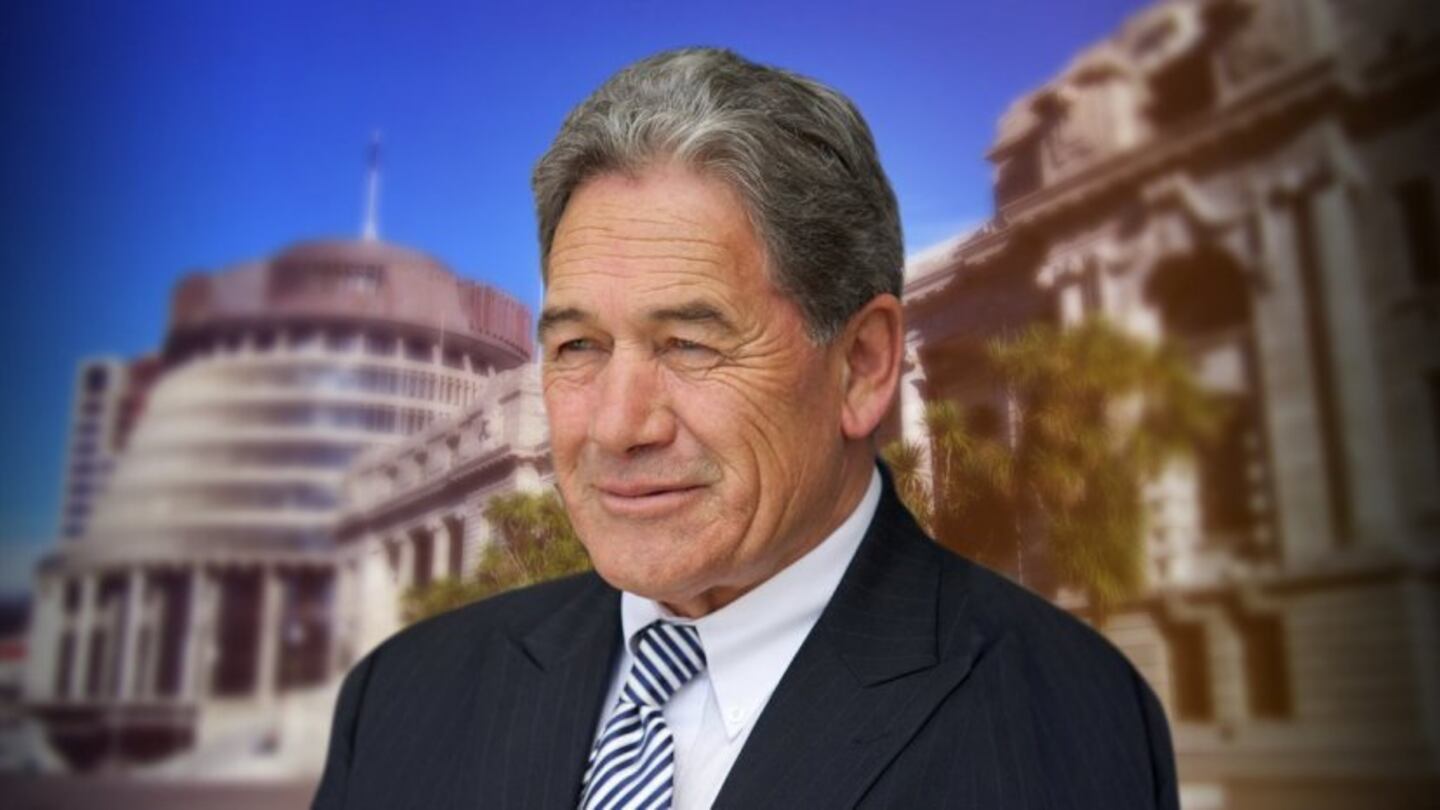New Zealand First leader Winston Peters is calling for a delay to the election due to the impact of the Covid-19 outbreak. He says he is concerned about voter turnout and issues surrounding the legitimacy of the election.
Mr Peters also says that if the election is not delayed political parties will only have six days to campaign before overseas voting begins and nine days before advance voting starts.
“Since Monday evening, August 10, we have said that our health response must come first and politics second. That remains our view as the case numbers rise each day," Mr Peters said in a media statement today.
“We know we don’t have a unique strain of the virus, and that the Americol connection does not exist, as product from that source has not been imported into the country for months, so the border remains the likely source of the outbreak.
“More’s the point, there is now no ability to conduct a free and fair election if the Prime Minister decides to hold the General Election on September 19.”
Time to campaign
The NZ First leader expressed concern about the short timeframe in which parties would have to campaign.
“In 1984, when Robert Muldoon called a snap election, parties still had 29 days to campaign. In 2002, when Helen Clark went to the polls early, parties had 44 days.
“If September 19 is confirmed, political parties will have only six days to campaign before overseas voting begins on September 2 and nine days before advance voting begins,* he said.
Special Votes
Mr Peters said he is also concerned about the ability of the Electoral Commission and postal service to manage a "deluge of special votes"
“In neither earlier case (1984 and 2002) was pressure being placed on special voting processes, as would be the case in 2020. Special voting was extremely rare in those two earlier elections (with 90 percent of votes cast on Election Day in 2002), with voters having to qualify for a special vote.
“There is no comparison between special voting then as opposed to now, where it is a commonplace alternative to voting on Election Day. Indeed, only 44 percent of votes at the 2017 General Election were cast on Election Day.
“We therefore have real concerns about the state of preparedness of the Electoral Commission and our postal service to process in a timely fashion an unprecedented deluge of special votes."
Voter Turnout
The psychological impact of lockdown is another factor that Mr Peters said warranted delaying the election.
“Operating the election at Alert Level 2 in Auckland raises concerns about the effect on turnout. The psychology of Auckland voters, as well as the wider voting community, is highly likely to lead to a reduced turnout given legitimately held health fears; by how much is the real concern.
“Voters need to be able to hear from all political parties about their Covid response and other policies. That is fair. But until Auckland’s alert level comes down the playing field is hopelessly compromised," he said.
Legitimacy of Election
Mr Peters said New Zealand First had written to the Prime Minister to convey their concerns and had subsequently had a conversation with her.
“New Zealand First believes we risk undermining the legitimacy of the election result, creating an awful precedent which could be abused by the Prime Minister’s successors.
“People will be driven to the conclusion, in the absence of any empirical evidence to the contrary, that the election date choice is being forced from a minority position to achieve a certain outcome," he said.
“This is a most regrettable yet avoidable situation. We are here as Members of Parliament first and foremost, not just as members of political parties."


